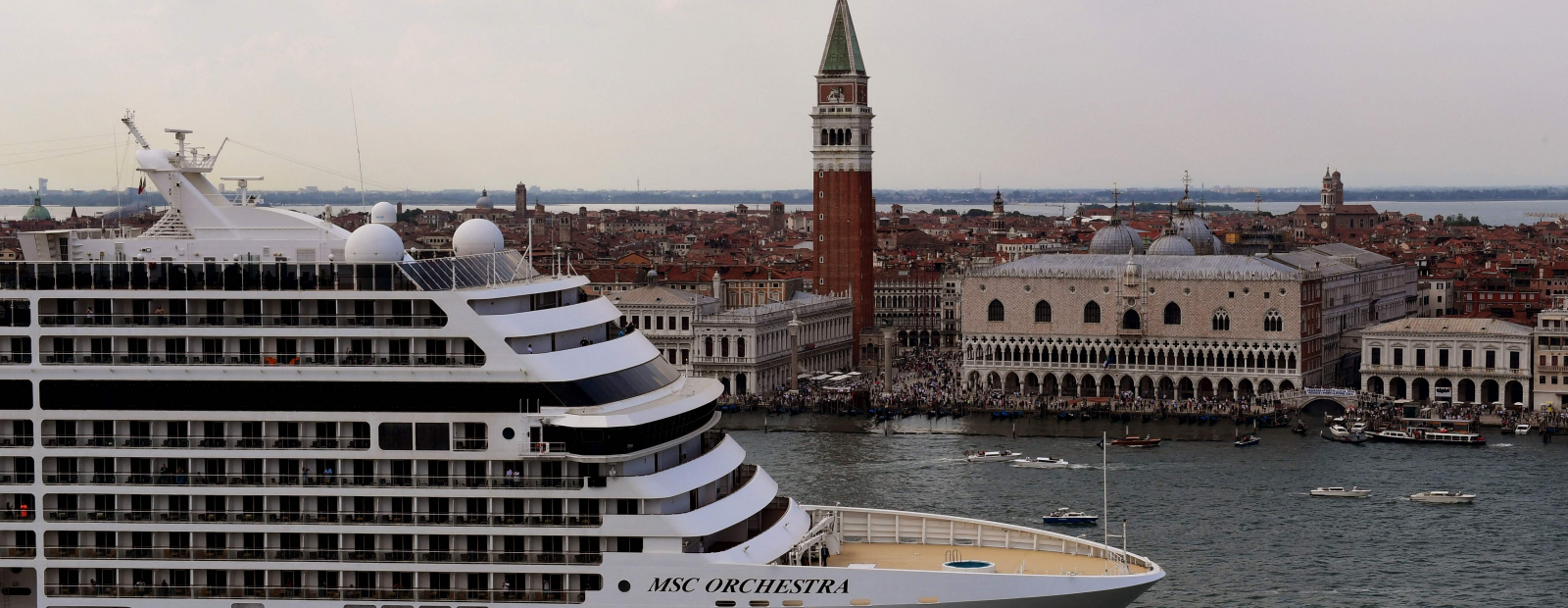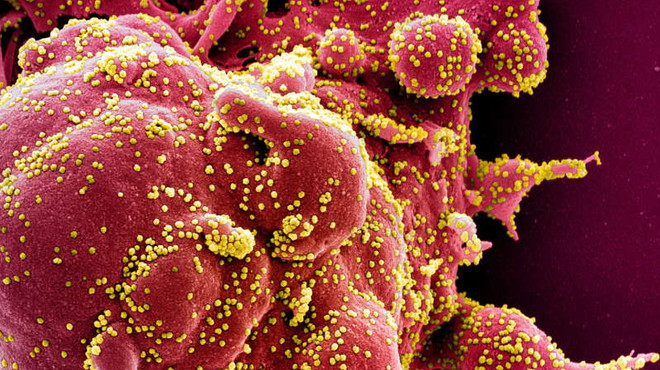The ban was decided a few days before a meeting of the United Nations Educational, Scientific and Cultural Organization (UNESCO). UNESCO had proposed adding Venice to the list of endangered heritage sites.
“The decree adopted today is an important step in protecting the Venetian lagoon system,” Italian Prime Minister Mario Dragi said after the decree was passed at a cabinet meeting.
He added that money should be allocated to reduce the impact of this ban on employment.
The largest ships will be diverted to the Venetian industrial port of Margera. However, this is seen as a temporary solution, and ministers called for ideas for a new permanent terminal.
Cruise ship passengers bring great benefits to Venice’s economy, but many in the city are opposed to sailing along St. Mark’s Square, as the big waves they erode are destroying the city’s foundations and damaging the fragile ecosystem of the lagoon.
The cruises resumed in June after a long hiatus caused by a new coronavirus pandemic.
Venice was inscribed on the UNESCO World Heritage List in 1987 as a “special architectural masterpiece”, but the organization warned in June that the city needed “more sustainable tourism management”.
After years of debate, Italian Culture Minister Dario Francescini said the government had decided to act now “to avert the real risk of the city being inscribed on the World Heritage List”.
“From August 1, large ships will no longer be able to reach Venice via the St. Mark’s Basin, St. Mark’s Canal or the Judeka Canal,” said Infrastructure Minister Enrico Giovanni.
Compensation is provided for those who will suffer damage as a result of this decision. 157 million euros will be invested in the port of Margera.
Giovanni said the ban was “a necessary step to protect Venice’s environmental, landscape, artistic and cultural integrity.”
The ban will apply to ships over 25,000 tonnes, over 180 meters in length, over 35 meters in length or emitting more than 0.1% of sulfur.
Tourism associations Confturismo Vice President Marko Mikjelli called the new law a “good compromise”. “Margera’s solution will keep the port active in Venice, providing jobs and activity on the one hand, and freeing up the Judek Canal on the other,” said Mickelli.
The issue of cruise ships in Venice has sparked a global debate. In June, a number of celebrities and cultural figures, including Mick Jagger, Francis Ford Copol and Richard Armstrong, director of the Solomon Guggenheim Museum in New York, called in an open letter to the Italian government for measures to better protect the city.
–


